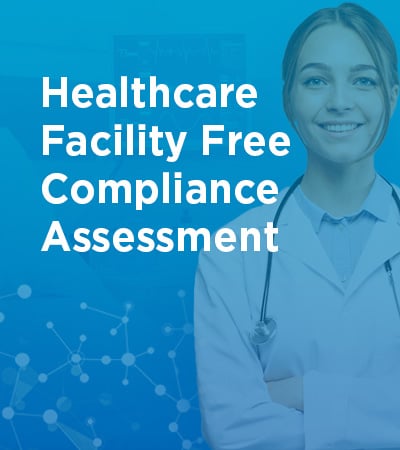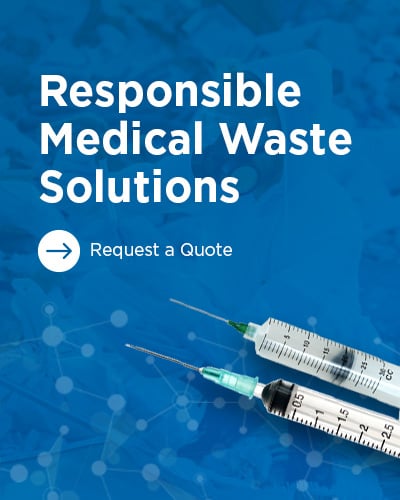Working with blood and other bodily fluids puts you at risk of contracting a bloodborne pathogen. Bloodborne pathogens are infectious microorganisms that can cause severe or life-threatening illnesses, such as HIV/AIDS, hepatitis B, and hepatitis C.
The good news is that you can take steps to protect yourself from exposure to these dangerous pathogens. Taking a Blood Borne PathogenTraining course is one of the best ways to reduce your risk of infection.
In this article, you will learn about the different types of bloodborne pathogens, how they are transmitted, and what you can do to prevent exposure. You will also learn what to do if exposed to a bloodborne pathogen, such as how to get medical help and what steps to take to protect others from exposure.
By the end of this article, you will have a better understanding of bloodborne pathogens and how to protect yourself from them.
What are bloodborne pathogens?
Bloodborne pathogens are microorganisms that can cause disease when they enter the bloodstream. These pathogens include viruses, bacteria, and fungi.
Most blood-borne pathogens are transmitted through contaminated blood or bodily fluids. This can occur through needle sticks, contact with open wounds, or contact with mucous membranes (such as the eyes, nose, or mouth). Blood-borne pathogens, such as hepatitis B and C, can also be transmitted through sexual contact.
People exposed to bloodborne pathogens risk developing severe or life-threatening illnesses. These diseases include HIV/AIDS, hepatitis B and C, and other bloodborne infections.
It is essential for people who are exposed to bloodborne pathogens to get prompt medical care. Early diagnosis and treatment can often prevent or delay the onset of serious illness.
Symptoms of a blood-borne pathogen infection:
A blood-borne pathogen's symptoms depend on the specific pathogen but can include fever, chills, body aches, and fatigue. If the condition is left untreated, it can lead to serious health complications, including organ damage and even death.
How can you protect yourself from contracting a bloodborne pathogen?
There are several ways to protect yourself from contracting a bloodborne pathogen. First, always practice good hygiene. This means washing your hands thoroughly and often and avoiding contact with blood and bodily fluids. If you must come into contact with blood or bodily fluids, wear protective clothing, such as gloves, masks, and eye goggles. Finally, get vaccinated against hepatitis B and C. These vaccines can help you build immunity to these diseases, making them less likely to contract them if exposed.
What to do if you are exposed to a bloodborne pathogen?
If you think you may have been exposed to a bloodborne pathogen, it is important to seek medical care immediately. A healthcare provider can test you for the presence of the pathogen and start treatment right away if necessary.
You should also take steps to prevent the spread of the pathogen to others. This includes avoiding contact with other people, washing your hands often, and avoiding sharing personal items, such as toothbrushes and razor blades.
If you have been exposed to a bloodborne pathogen, it is important to tell your sexual partner(s) so that they can be tested and treated if necessary.
Blood Borne Pathogen Training is essential for medical personnel
People can become infected with bloodborne pathogens through exposure to contaminated blood or body fluids, such as saliva, urine, sweat, or vaginal secretions. In addition, needles or other sharp objects contaminated with blood can also transmit these pathogens.
That is why people at risk of exposure to blood or body fluids need to receive bloodborne pathogen training. This training can help people learn how to protect themselves from exposure to bloodborne pathogens. It can also teach them what to do if exposed to these pathogens.
Blood Borne Pathogen Training
Blood Borne Pathogen Training typically includes information on protecting oneself from exposure to blood and other bodily fluids that may contain harmful viruses or bacteria. This training is essential for healthcare workers, first responders, and others who may come into contact with blood or other bodily fluids during work. In addition, the training typically covers universal precautions, proper hand-washing techniques, and personal protective equipment.
In many jurisdictions, bloodborne pathogen training is required by law, and employers must provide this training to employees who may be exposed to blood or other bodily fluids on the job. In addition, the Occupational Safety and Health Administration (OSHA) has a specific regulation (29 CFR 1910.1030) that covers bloodborne pathogens in the workplace. This regulation requires employers to provide employees with information and training on bloodborne pathogens and implement engineering and work practice controls to minimize employee exposure.
If you work in a job where you may be exposed to blood or other bodily fluids, you must receive bloodborne pathogen training from your employer. This training can help you protect your body from potentially harmful viruses and bacteria.
Conclusion:
Blood Borne PathogenTraining would help if you now had a good understanding of how to protect yourself from exposure to blood and other bodily fluids. Always practice good hygiene and use proper personal protective equipment when handling potentially infectious materials. If you have any further questions, please feel free to ask your supervisor or contact the safety department.







